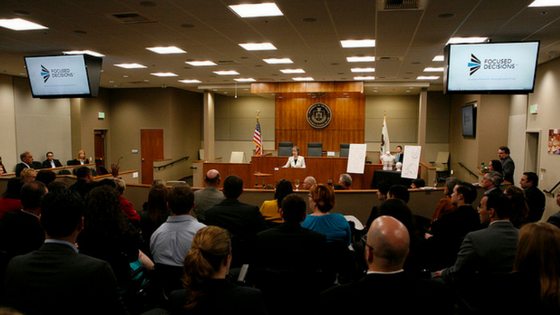Arguments were heard yesterday in a District Court in New Jersey on a motion to dismiss a class-action lawsuit filed against a collection agency for allegedly violating the Fair Debt Collection Practices Act when it used the statutory validation notice in a collection letter.
A copy of the memorandum of law in support of the defendant’s motion to dismiss in the case of Guerrero v. Global Credit & Collection Corp. can be accessed by clicking here.
The defendant sent the plaintiff a collection letter, that read, in part:
Unless you notify this office within 30 days after receiving this notice that you dispute the validity of the debt or any portion thereof, this office will assume this debt is valid. If you notify this office in writing within 30 days from receiving this notice that you dispute the validity of this debt or any portion thereof, this office will obtain verification of the debt or obtain a copy of a judgment and mail you a copy of such judgment or verification. If you request this office in writing within 30 days after receiving this notice, this office will provide you with the name and address of the original creditor, if different from the current creditor.
To discuss this account, call us at (855) 440-6622.
The plaintiff filed suit, accusing the defendant of violating the FDCPA because the letter states “if you notify this office in writing,” which a least sophisticated consumer could deduce means that the dispute does not have to be made in writing and could be disputed orally.
The defendant cites a number of precedents in the Third Circuit where courts have ruled that the statutory notice does not violate the FDCPA.
“Any other interpretation of the validation notice in the letter would be bizarre or idiosyncratic, as the plain meaning of the paragraph’s text sets forth what [the] plaintiff should do to validly dispute the amount,” the defendant wrote in the memorandum.









